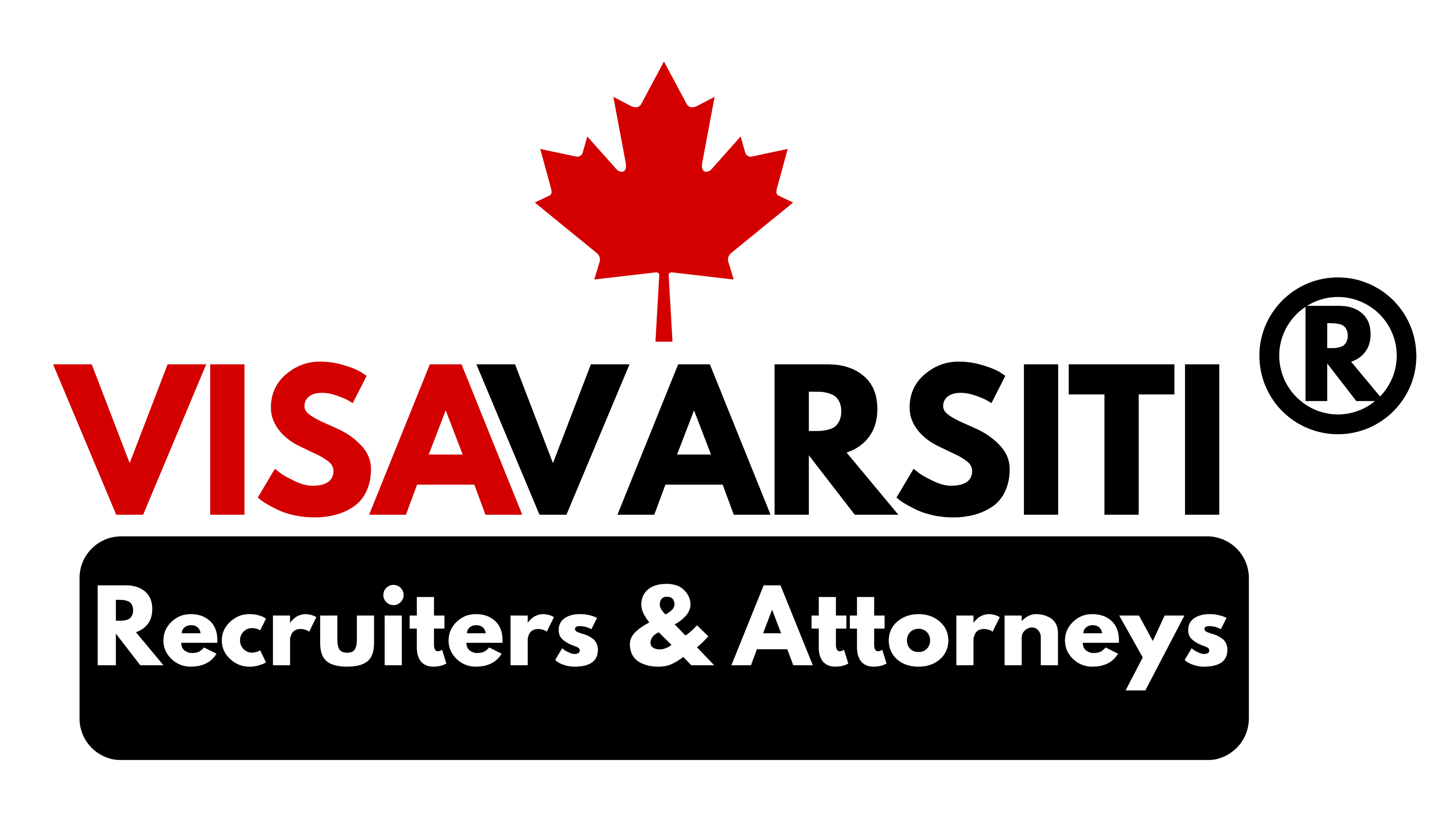We’ve compiled a list of the most often asked questions before applying for immigration or making the big move to Canada. Because each immigration case is unique, not all answers will apply to all applicants. It is critical to speak with an immigration professional in order to understand more about your specific case and receive answers tailored to you. You can accomplish this by scheduling a consultation with us.
1. How do I immigrate to Canada?
A person can come to Canada in a number of ways, which we typically categorize as temporary or permanent residency. Those who are interested in temporary immigration to Canada can do so by:
- Work
- Study
- Visit
Alternatively, you can be searching for a more long-term relocation through:
- Express Entry
- Family sponsorship
- Compassionate and Humanitarian motives
2. How do I relocate to Canada?
Getting a job, having all the paperwork you need for immigration, and fulfilling the residency requirements all help make it easier to settle in Canada.
3. How can I get a job in Canada?
There are primarily two routes to employment in Canada: a temporary route and a direct route to permanent residence. Obtaining a temporary work permit involves 4 steps.
Stage 1: Employer applies for Labour Market Impact Assessment (LMIA)
Stage 2: The Employer extends the Temporary Job Offer
Stage 3: A foreign worker requests a work permit.
Stage 4: Work Permit is issued.
To work and live in Canada permanently, you will apply under the Express Entry Program as a skilled worker. The programs included are the Federal Skilled Worker Program, the Federal Skilled Trades Program, and the Canadian Experience Class. Provinces and territories can also recruit from this pool of applicants to fill labour needs in their local communities.
4. How can I apply for a temporary resident visa in Canada?
You can apply for temporary residency in Canada by:
- Study Permit
- Visitor Visa
- Work Permit
You will need to apply for a work permit in order to temporarily work in Canada, usually following the receipt of a job offer.
To study in Canada, you must first apply to a recognized educational institution. You can then submit an application for a study permit after being accepted.
To visit Canada, you will apply for a visitor visa in the form of a Temporary Resident Visa (TRV)
5. What is Canadian Express Entry?
For skilled workers who want to live and work permanently in Canada, there is the Express Entry Program. You must build an Express Entry profile online in order to apply for Express Entry. If you are selected from the pool of qualified applicants, you will be given a CRS score that accounts for your varied talents, and you might subsequently receive an invitation to submit an application for permanent residency.
The 4 Express Entry programs are as follows:
The Federal Skilled Worker Program (FSWP)
The Federal Skilled Trades Program (FSTP)
The Canadian Experience Class (CEC)
Provincial Nominee Programs (PNPs)
6. What is the minimum amount of money required to immigrate to Canada?
The cost of moving to Canada is determined by a variety of factors. First, application fees will vary depending on the type of immigration and the number of persons coming. You must demonstrate that you have enough money to maintain yourself and any family members who will accompany you to Canada. If you opt to engage an immigration lawyer, you will pay additional costs for their services; nevertheless, they can assist you in making your immigration procedure as smooth as possible. Fees will fluctuate across lawyers and law firms.
7. How do you become a Canadian citizen?
To apply for Canadian citizenship, you must do the following:
Present evidence of your ability to speak and write in English and/or French (Canada’s official languages), be a permanent resident, have lived in Canada as a permanent resident for at least 1,095 days in the five years before your application, and meet all tax requirements.
Pass the citizenship test
You may already be a Canadian citizen if one of your parents was a Canadian citizen when you were born!

